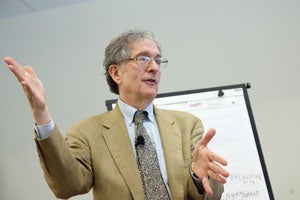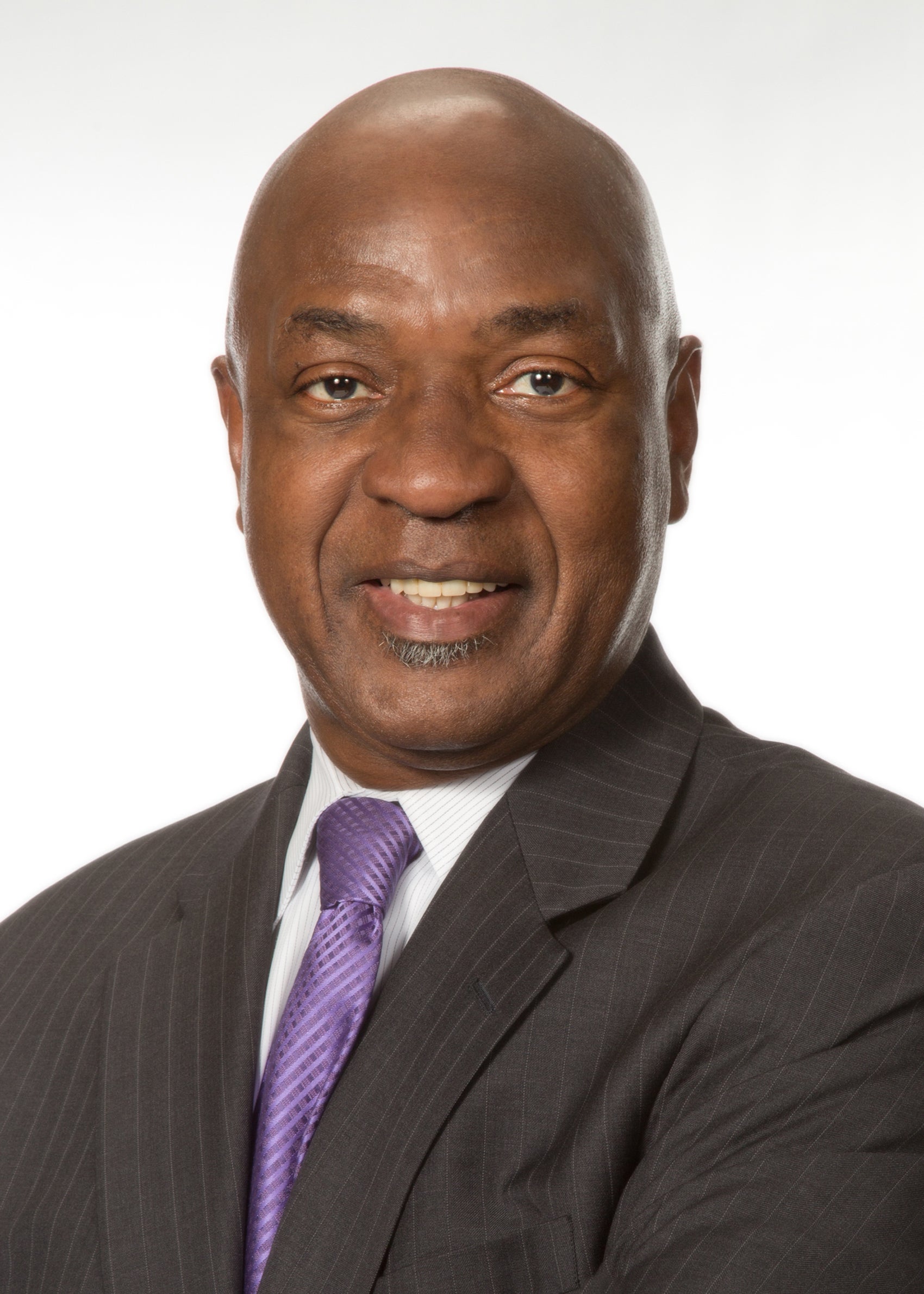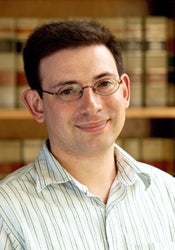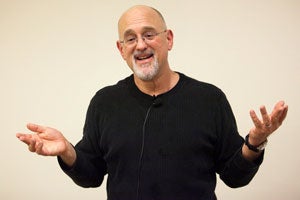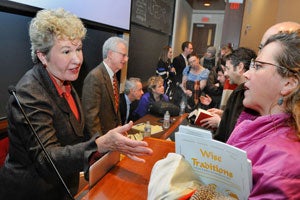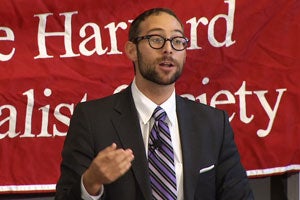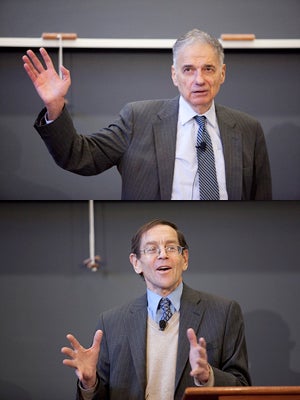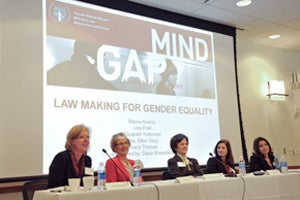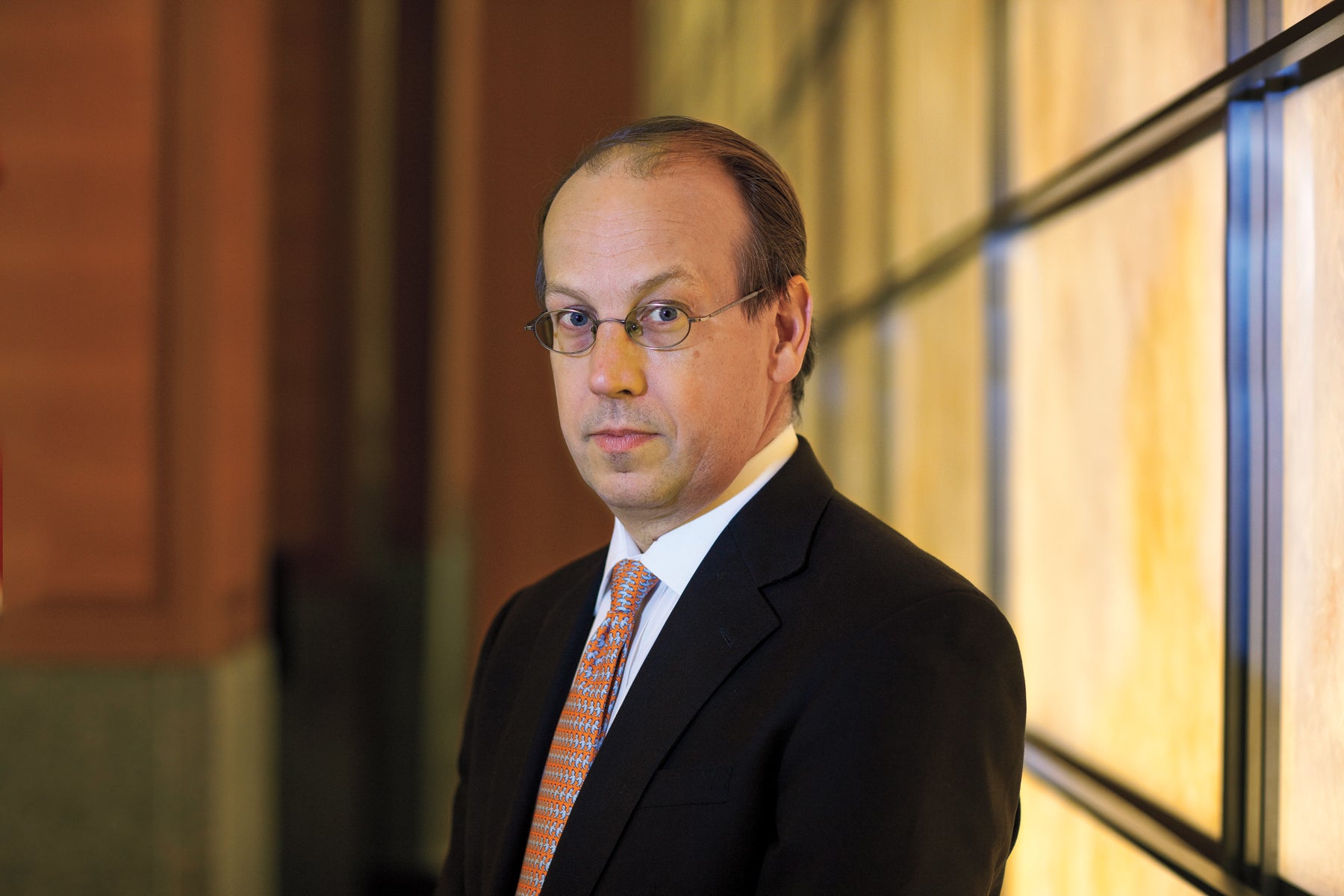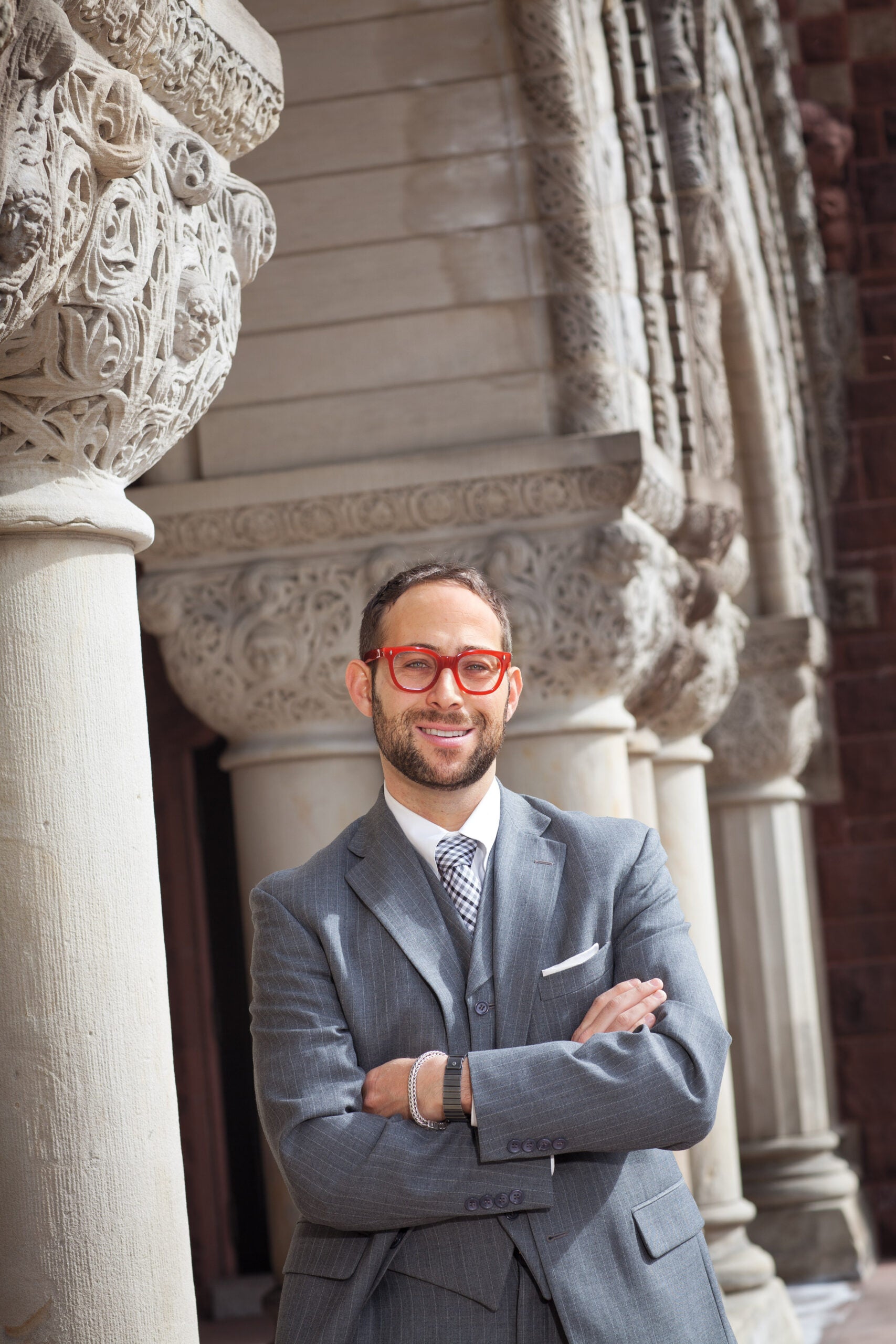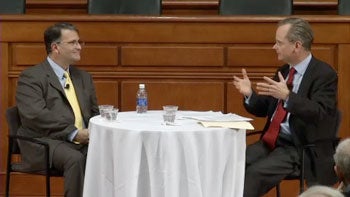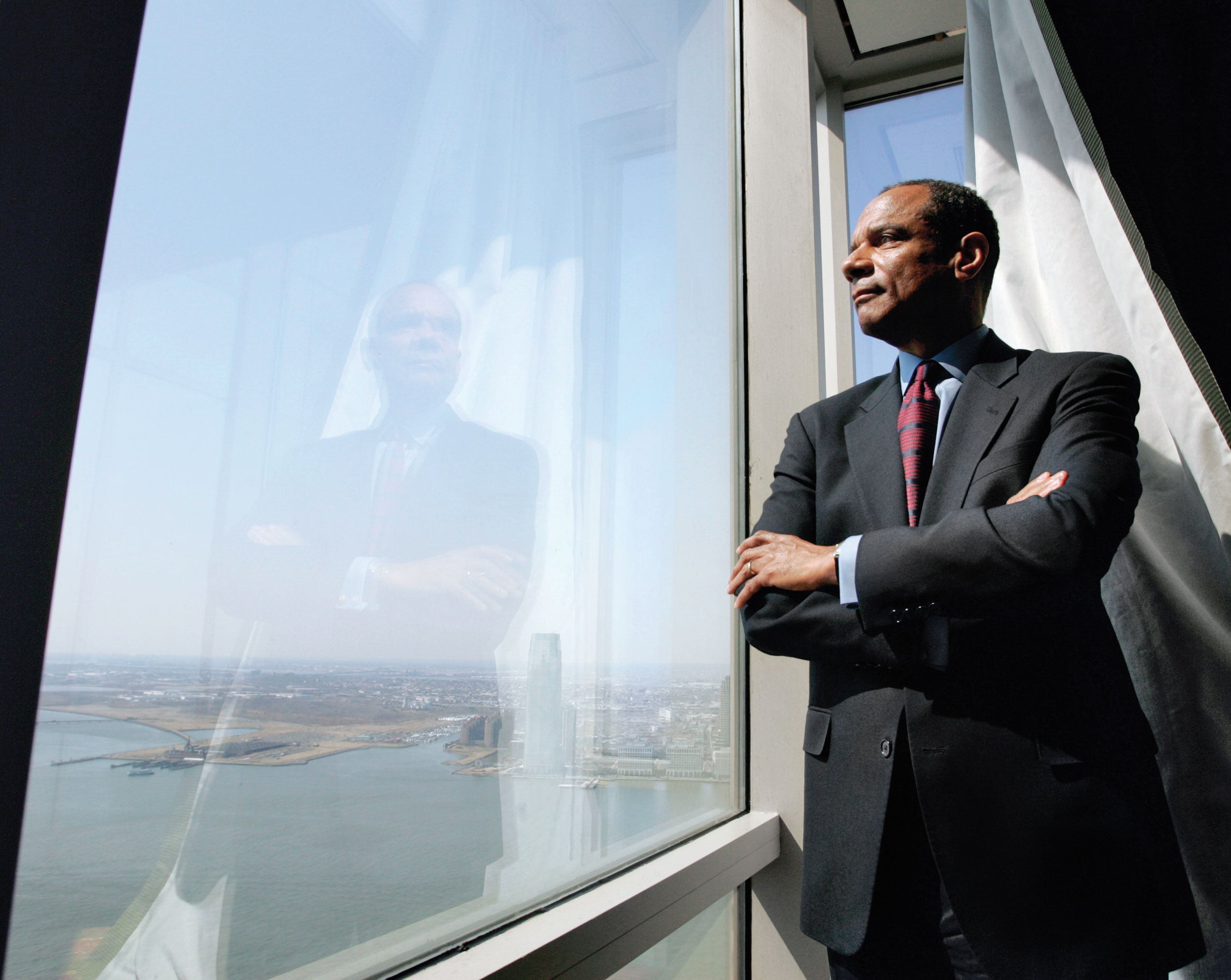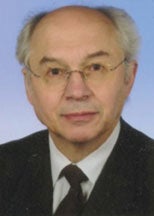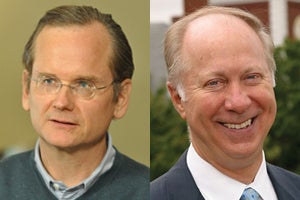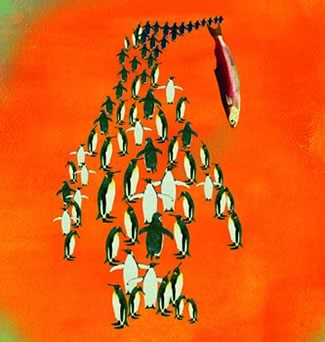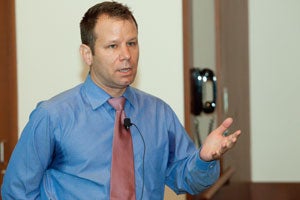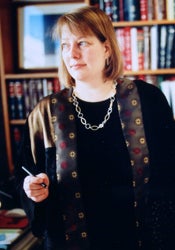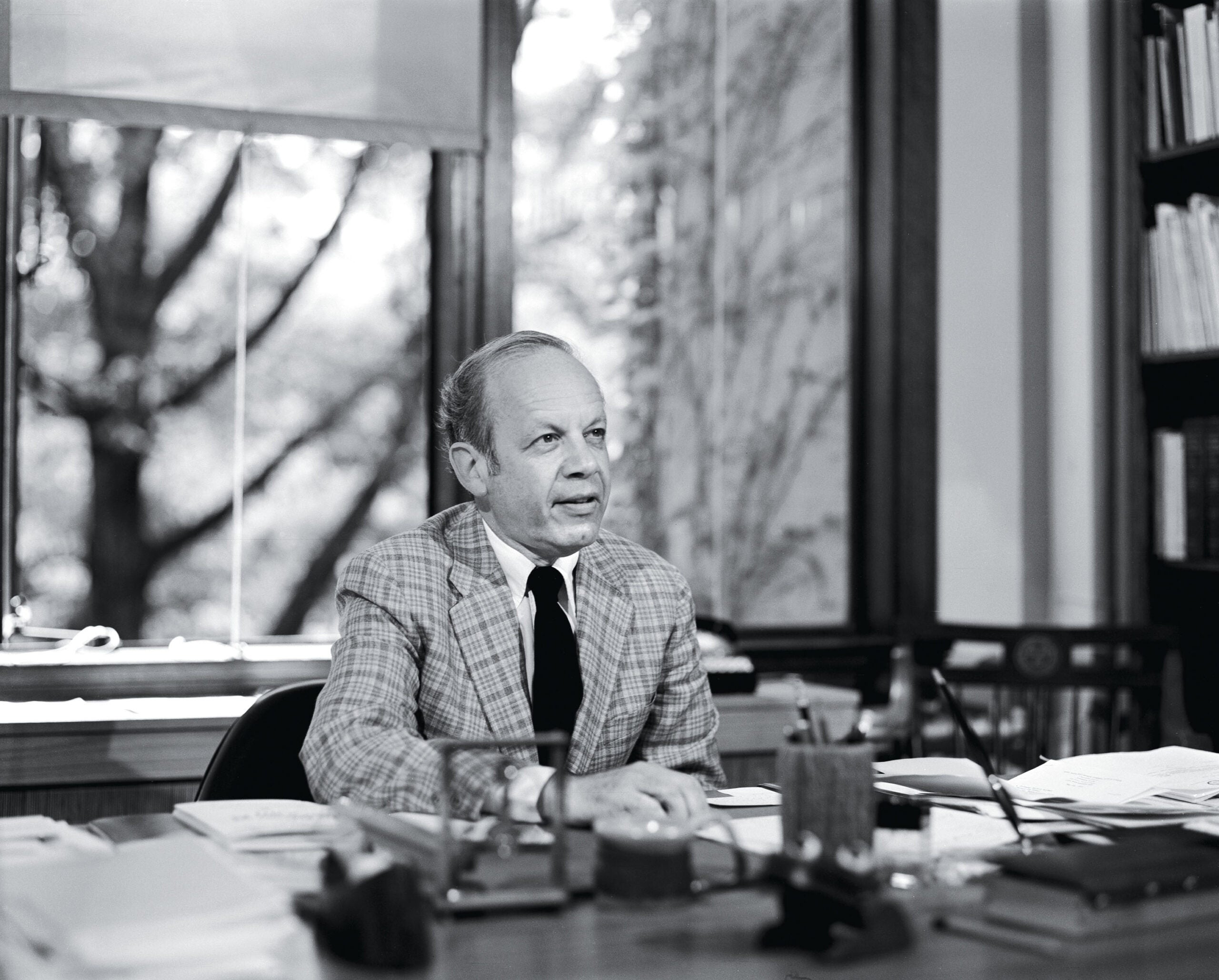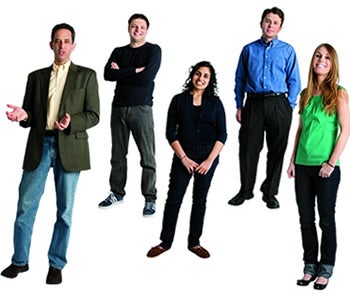Topics
Ethics
-
Howard Gardner: The ethical letter of the law (video)
April 3, 2012
If the countless headlines in recent years are an indication, we live in an age dominated by a corporate playbook that considers success at the expense of others a standard part of doing business. But increasingly, observers fear that same philosophy is too often becoming the norm in other professions. Journalist Andrew Ross Sorkin explored the trend’s impact on the legal profession in his recent New York Times column “Conflicted, and Often Getting a Pass,” said Harvard’s Professor Howard Gardner during a Mar. 21 discussion at Harvard Law School.
-
As part of the Defending Childhood Task Force, Harvard Law School Professor Charles Ogletree participated in a hearing on March 21 at the University of Miami School of Law, addressing the problem of children’s exposure to community violence.
-
Stephenson delivers keynote at anti-corruption conference in Thailand
February 24, 2012
Harvard Law School Professor Matthew Stephenson ‘03 delivered the keynote speech at the 2nd annual Evidence-Based Anti-Corruption Policies Conference held on Jan. 11 and 12 in Bangkok, Thailand.
-
In a talk entitled “How To Do Precisely the Right Thing At All Possible Times,” Daniel Gilbert, Professor of Psychology at Harvard University, author of “Stumbling on Happiness,” and host of the PBS television series “This Emotional Life,” discussed research in psychology, neuroscience and behavioral economics that explains why it is indeed possible, yet incredibly difficult, to do the right thing at all possible times.
-
Harvard Food Law Society sponsors debate on raw milk
February 16, 2012
The dispute over raw milk has become one of the most heated debates in the food law community over the last several years—proponents and opponents alike have even staged protests at the White House. Raw milk is currently illegal in 22 states. On Feb. 16, the Harvard Food and Law Society staged a debate on the issue at Harvard Law School.
-
Professors debate “Embryo Ethics”
February 13, 2012
On Feb. 1, the Harvard Law School Federalist Society sponsored a debate on the philosophical and legal issues surrounding the field of embryonic research. The event, “Embryo Ethics and the Law,” featured Christopher Tollefsen, a philosophy professor at the University of South Carolina, and HLS Assistant Professor Glenn Cohen, co-director of the Petrie-Flom Center for Health Law Policy, Biotechnology, and Bioethics at Harvard Law School.
-
Ralph Nader at HLS: The constitutional crimes of Bush and Obama
February 10, 2012
Ralph Nader ’58 and Bruce Fein ’72 visited Harvard Law School for a talk sponsored by the HLS Forum and the Harvard Law Record. At the event, “America's Lawless Empire: The Constitutional Crimes of Bush and Obama,” both men discussed what they called lawless, violent practices by the White House and its agencies that have become institutionalized by both political parties.
-
At Women’s Law conference, Attorney General of California tells students, ‘Part of breaking barriers is about innovation’
February 7, 2012
On February 3, the Harvard Women’s Law Association held its 6th annual conference. This year’s conference, entitled “Mind the Gap: Achieving Actual Parity,” was an open forum about achieving equality in the courtroom, workplace, and community. Kamala Harris, Attorney General of California, delivered the keynote address.
-
There are two things former U.S. Solicitor General Paul Clement ’92 won’t do: Tell you where he stands on same-sex marriage, and grouse about the controversy that enveloped him last spring when he resigned from his law firm in order to continue defending U.S. House of Representatives Republicans in litigation over the Defense of Marriage Act.
-
Hat Trick: Cohen on Flynn v. Holder, Guatemalan reparations, and the ACA
December 22, 2011
Harvard Law School Assistant Professor of Law I. Glenn Cohen, co-director of HLS’s Petrie-Flom Center for Health Law Policy, Biotechnology and Bioethics, is the author of three recently published articles on health law topics.
-
At HLS, Jack Abramoff talks about corruption in Washington
December 9, 2011
Appearing at Harvard Law School a year and a half after being released from federal prison, a contrite Jack Abramoff expressed a desire to thwart the political corruption he once infamously practiced. The event on Dec. 6 was sponsored by the Edmond J. Safra Center for Ethics, whose director, HLS Professor Lawrence Lessig, interviewed Abramoff, a former lobbyist who pleaded guilty in 2006 to charges of fraud, tax evasion, and conspiracy to bribe public officials. “His experience,” said Lessig, “has an enormous amount to teach us.”
-
Leadership Profile: A Conversation with Kenneth I. Chenault ’76
December 6, 2011
Kenneth I. Chenault ’76, chairman and CEO of American Express, is widely considered one of the most successful and talented business strategists of our time. Joining AmEx in 1981 as director of strategic planning, he was named president and COO in 1997, and CEO and chairman in 2001. Chenault is a member of the Council on Foreign Relations and the Business Roundtable.
-
At Center for Ethics event, cell phone radiation and institutional corruption addressed
November 18, 2011
On Nov. 3, Dr. Franz Adlkofer, former executive director of the VERUM Foundation for Behavior and Environment, spoke to a Harvard Law School audience as part of the lectures and events series hosted by the Edmond J. Safra Center for Ethics.
-
Lessig and Gergen on ‘Republic, Lost’
November 10, 2011
At a recent event at Harvard Law School, HLS Professor Lawrence Lessig and Harvard Kennedy School Professor David Gergen discussed Lessig’s new book, “Republic, Lost: How Money Corrupts Congress—and a Plan to Stop It.” The event was co-hosted by the Harvard Law School Library, Edmond J. Safra Center for Ethics, the Harvard Kennedy School Center for Public Leadership, and the Berkman Center for Internet & Society.
-
Cohen argues against the Mississippi Personhood Ballot Initiative
November 1, 2011
Harvard Law School Assistant Professor of Law I. Glenn Cohen joined medical and legal experts live via Skype on Oct. 25 at Mississippi College School of Law to debate the implications of Mississippi’s Personhood initiative, which will appear on the state’s ballot Nov. 8. The initiative asks: “Should the term 'person' be defined to include every human being from the moment of fertilization, cloning, or the equivalent thereof?”
-
In new book, Benkler makes the case for “prosocial” systems design
October 19, 2011
For generations, the assumption that selfishness drives human behavior has shaped the design of social systems in which we live and work. In his new book “The Penguin and the Leviathan: The Triumph of Cooperation Over Self-Interest,” Harvard Law Professor Yochai Benkler ’94 rejects this assumption as a “myth” and proposes an alternative, refreshingly optimistic model that asserts our human traits of cooperation and collaboration.
-
At HLS, former investigator questions the relationship between physicians and pharmaceutical industry
October 4, 2011
In the first lecture of the Edmond J. Safra Center for Ethics series, Paul Thacker, an investigative journalist and former U.S. Senate Finance Committee staffer, said that big pharmaceutical dollars not only own physicians but also many prominent medical school faculty who are paid to lobby for drugs.
-
Steiker in The New Republic: Death Penalty Opponents Are Closer to Goal Than They Realize
September 27, 2011
An essay, Why Death Penalty Opponents Are Closer to Their Goal Than They Realize, by HLS Professor Carol Steiker ’86, appeared in the Sept. 27 edition of The New Republic. The essay focuses on the decline of the death penalty in practice, politics and law, and how the present moment brings the genuine possibility of permanent abolition via judicial decision.
-
An essay, "Don't Blame Perry for Texas's Execution Addiction. He Doesn't Have Much To Do With It," by HLS Professor Carol Steiker ’86 and her brother, Professor Jordan Steiker '88 of the University of Texas School of Law appeared in the Sept. 2 edition of The New Republic. The essay focuses on the relationship between Republican presidential candidate and Texas Governor Rick Perry and Texas's standing as the execution capital of the United States.
-
Bernard Wolfman, 1924 – 2011: Magnificent teacher, beloved mentor and renowned scholar
August 22, 2011
Bernard Wolfman, a renowned scholar of tax law and the Fessenden Professor of Law Emeritus at Harvard Law School, died on August 20, 2011. One of the preeminent tax professors in the United States, Wolfman clarified the world of tax law for generations of lawyers through his teaching and scholarship. He was also a leading expert in the ethics and rules of professional responsibility for lawyers.
-
This fall, Professor John Goldberg, a tort law specialist at Harvard Law School, unexpectedly found himself engaged in a research project that could impact the lives of thousands of Americans. And it needed to be completed in a matter of weeks.
